The New Poverty: Inconvenience and Ego
I got a call the other day that interrupted my morning quiet time. It was 7:39, and I’d have normally let it slide to voicemail unless it was an identified Client—I answer those calls if I’m awake and not directly engaged in another project at that time.
I was pleasantly surprised to see the Caller ID announce that it was from a young man whom I had only met a few months prior. Nice guy. Handsome. Friendly. A seeker of spiritual truth and active in sharing his faith. He and I serve the same God whose Son, Jesus, died for our sins.
From what I’d gathered in the few and limited times we’d chatted, he held a steady job, was a conscientious employee, and was independently living on his own. I’d see him, from time to time, serving in the church, away from the spotlight, but near the inner circle.
Disappointment might be too strong a word, but I  have wanted him to get closer to several of the others in our group, who were also really good guys, and it just wasn’t happening organically. He (let’s call him Malcomb) kept at arm’s length from the majority of the Young Men’s activities we held at the church. His third-shift work schedule was a valid reason, since many of our get-togethers took place in the evenings. Still, we did stuff on a lot of Saturday mornings that Malcolm seldom attended. So, I didn’t bump into him all that often.
have wanted him to get closer to several of the others in our group, who were also really good guys, and it just wasn’t happening organically. He (let’s call him Malcomb) kept at arm’s length from the majority of the Young Men’s activities we held at the church. His third-shift work schedule was a valid reason, since many of our get-togethers took place in the evenings. Still, we did stuff on a lot of Saturday mornings that Malcolm seldom attended. So, I didn’t bump into him all that often.
Now, with an unsolicited call from him, I was encouraged, not for any specific reason except that I had made it onto his call sheet, and he was reaching out to me. A rare event. But I’d been praying for him, sometimes about specific matters, sometimes more generic blessings that God would help him grow into a mighty warrior. Maybe this was the fruit of those efforts. It was a good feeling.
“Hey, what’s happening, man?” He returned volley with, “Not much. What’re you doin’?”
“I’m sitting here wondering how I’m going to buy you breakfast this morning.” It was a white lie, designed to invite him into my world and convey that he’d be doing me a favor if he could help me solve this problem.
“Ah, man. You don’t have to do that.”
“I’d love to. Can you get over here?”
“Uhh, maybe.”
“What’s going on?”
“Uhh, I was wondering if I could borrow some money for a little while.”
For the record, this isn’t the first time I’ve thought too highly of myself. I frequently regard my fellowship to be some sort of precious, societal commodity—fought over like a hot stock tip on the floor of the New York Stock Exchange, where red-faced traders in rumpled suits scream into phones, wave paper strips in the air like it’s 1987, and elbow each other for a chance to buy high on a “blue chip rocket ship.”
“Stocks surged today following the announcement of two lunch openings in Dan’s September calendar, sending traders into a frenzy not seen since the dot-com bubble” – SKRRT!—and just like that, the illusion of my self-importance came to a screeching halt!
Although I was knocked off balance by the ego check, I was still intrigued by what was unfolding. Who hasn’t experienced a time when they could use a little help? Maybe this was how I could earn his trust.
“Oh, what’s going on?” I inquired.
Malcolm told a story about how his credit card had mistakenly gotten locked for some crazy reason that he’d never heard of before, and that it was really just too complicated to explain. He was probably assuming that I had gone to public schools and couldn’t comprehend the intricacies of how credit cards worked—no sense in putting the ol’ man’s ignorance on display. A charitable move, no doubt.
I let the flimsy story slide. “Wow! That’s nuts! What kind of help do you need?”
With remarkably clear articulation—for a man who “just doesn’t ask people for money”—he proposed that I lend him money and even recommended a couple of apps to facilitate the transfer, quickly.
“I don’t use either of those. My bank uses Zelle. Do you know what that is?”
Malcolm hemmed and hawed a little bit. “Yeah, I don’t want to use that. It’ll direct the money to my bank account, and I’ve got an electric bill that’s trying to go through. It’ll grab that money before I can get it.”
The plot was thickening.
“What kind of timeline are we talking, here?” I asked. “Do you need help for a couple of days? A couple of weeks? A couple of months?”
He thought out loud, “Let’s see. What’s today?”
What’s today? Who doesn’t know what day of the week it is? I volunteered, “Wednesday.”
“Yeah, well, I get paid on Thursday, so I could probably pay you back on Friday.”
He was struggling to offer clear, pertinent information, but I wasn’t giving up so quickly. “Well, I’ll tell you what. If you come over here, I’ll buy you breakfast, and we can order some groceries at ALDI using DoorDash. We can put together a list of what you need, I can pay for it, and you can pick them up.”
“I usually shop at Kroger.”
[crickets]
“I don’t know what to tell you. I have an appointment I need to head to in a while. I’ll be ‘wheels-up’ at 9:00. But, if you come over here, I’ll buy you breakfast and we can put together that shopping list while you eat.”
I was doing my best to help. For me, a person’s backstory isn’t all that relevant if they haven’t eaten in a while. I’ll buy you a meal, and we can sort out the details afterwards. In Malcolm’s situation, I was inviting him to come join me at the restaurant, and we’d find something on the menu that suited him. I figured that while we ate, he’d share whatever details he thought were germane.
I’m a pretty good listener and genuinely interested in people and their stories. And, I don’t mind saying that I’m a pretty good problem-solver. I was confident we could get our collective arms around his problem and come up with a game plan for him moving forward. So, Step 1) put food in his belly, and Step 2) put food in his pantry. Seemed like a good plan.
He met my offer with, “Yeah, I’m gonna meet a friend and go to the lake here in a minute, so I’m not sure that’ll work.”
The Lake? I was stunned.
I’ll repeat it: we all find ourselves in a bind at some point and can use a little help. I know I have. I slept in my car for two weeks when I was a young man before some great people were gracious enough to help me get on my feet. I’ve eaten more peanut butter sandwiches and ramen noodles than I care to count, and learned to get used to drinking water instead of my preferred beverage to make ends meet.
But something has changed since I was a young man in the 80s. In those days, there was an unspoken code: if you couldn’t take care of yourself, you figured it out—fast. We didn’t look at pride as toxic; it was fuel to get you going. Embarrassment wasn’t something to be ignored; it was something to overcome. It served a positive purpose. Asking someone we barely knew for money never would’ve crossed our minds, especially not before we had exhausted every avenue to solve the problem ourselves.
If you were short on money, you worked more hours. If there weren’t more work hours to be had, you sold something of value. You’d borrow a tool and offer to mow lawns, rake leaves, wash windows—anything! And if that didn’t work, you tightened your belt, spent less, skipped meals, and for the love of Pete, you told nobody!
It’s not because we were better. It’s because the cultural standard was different. We were expected to be contributors, not consumers. We didn’t want to be that guy who took without giving—it was practically a self-imposed exile. No one demanded that we not make mistakes; just that we didn’t make the same ones twice. In the same month.
I taught my children about something I called “healthy anxiety.” Psychologists refer to it as “adaptive anxiety.” It’s an internal stress that signals danger or hardship and pushes us to act. In fact, mild to moderate anxiety is strongly correlated with improved performance, motivation, and responsible behavior. Katharina Star, PhD, highlighted this in a medically reviewed 2024 article The Benefits of Anxiety and Nervousness.
That screeching alarm clock, doing its job at 5:45 am, is a wake-up call in more ways than one. It not only announced the time of day, it prodded the lazy to get out of bed and embrace responsibility. It wasn’t being mean-spirited—after all, it’s just fulfilling a command you’d given it. What’s more, it understands that sometimes we get a little too ambitious, so it offers a merciful Snooze Alarm, along with a follow-up notification every 9 minutes.
If you turned off the alarm and went back to sleep, there was a war waging in your conscience. One side argued that sleep was a good thing, and that you deserved more rest, and that maybe you were coming down with the flu, and that it would be irresponsible to bring an illness into the workplace, and that, and that… Ahh, that’s comforting.
The other side reminded you that you’d already burned all of your sick days, and that you’d been reprimanded for tardiness twice already, and that your boss told you he’d had enough of that, and that he had a stack of applicants who’d love your position, and that your landlord told you that if you were late on rent one more time he would evict you, and that your ex-girlfriend told you that you were a bum, and that you’d better not prove her right. Talk about anxiety.
But that’s what got you out of bed.
In the name of dignity, we’ve erased the distinction between producer and consumer, between assistance and autonomy. The shift from food stamp booklets to generic EBT cards was meant to reduce stigma, and it did. But in doing so, it also removed a kind of social friction that once served as a quiet motivator. What was once a visible sign of hardship is now an invisibility cloak, hiding dependency in plain sight.
This softening of accountability has consequences. When comfort becomes the virtue, discomfort becomes taboo — even when discomfort is the very thing that prompts change. We’ve created a system where help is expected, but participation is optional. And when help arrives — whether as cash, a plan, or practical assistance — it still requires good-faith effort from the person in need. Without that, it’s not a lifeline. It’s a lifestyle.
You see it in the checkout line: carts filled with luxury items — the choicest cuts of meat, lobster, energy drinks, brand-name snacks — all paid for with taxpayer-funded benefits. It’s not about survival anymore. It’s about maintaining a lifestyle, even in crisis. The cognitive dissonance is striking: designer clothes, the latest smartphone, a luxury car in the parking lot — and an EBT card at the register.
This isn’t about demonizing hardship. Hard times fall on good people. But there’s a growing mindset where being “in a jam” doesn’t prompt sacrifice — it means doubling down on the familiar, even when it’s clearly not working. I’ve seen it in business too: clients unwilling to try a new strategy, clinging to what’s comfortable even though it’s failing. I always remind them, “Solving this problem cannot, and will not, be more important to me than it is to you.”
That principle applies here, too. Welfare without willpower becomes a trap. And somewhere along the way, we lost the idea of healthy embarrassment — the kind that once whispered, “You’re not meant to stay here.”
In our effort to spare feelings, we’ve dulled our instincts. By removing the visible markers of dependency and softening the discomfort that once nudged people toward change, we’ve created a culture where assistance is indistinguishable from autonomy — and where accountability is optional. The result isn’t just a loss of urgency; it’s a quiet endorsement of inertia. Help, when stripped of expectation, becomes habit. And while dignity matters, so does the kind of discomfort that reminds us we’re capable of more.
Malcolm didn’t take the breakfast, or the plan, or the help. But in that moment, what he needed more than money was the kind of discomfort that makes a man take the next step forward.
Dan McAnally is a father of five, grandfather of six, and mentor to dozens of young men. He is the founder of The Leader Mill (leadermill.org), a 501(c)(3) nonprofit organization dedicated to training young men to pursue their destinies. www.leadermill.org (http://www.leadermill.org/)
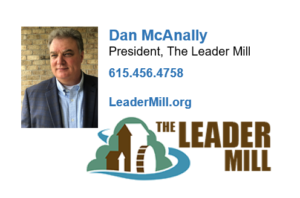

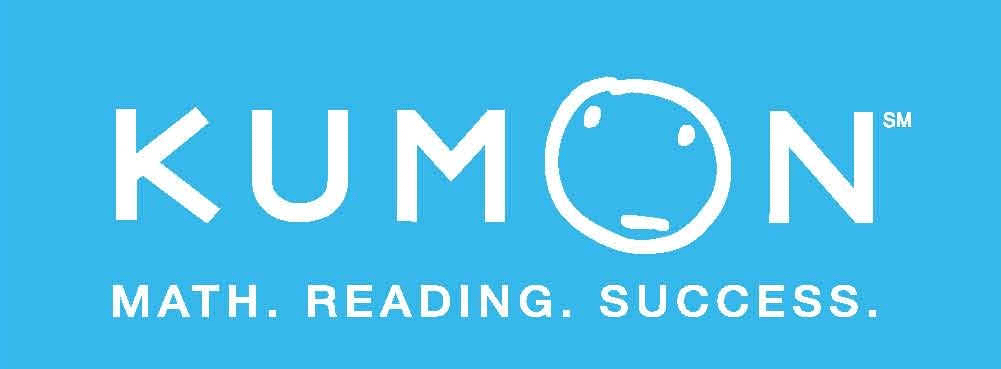

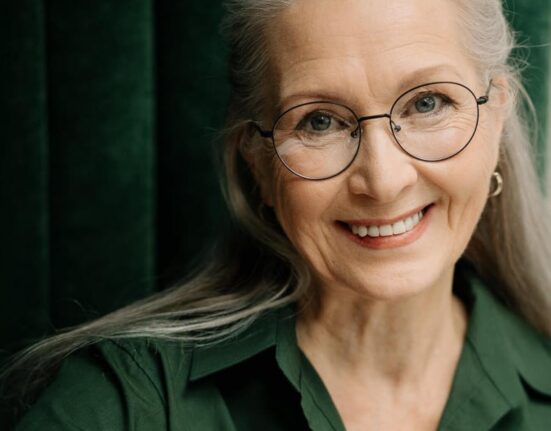






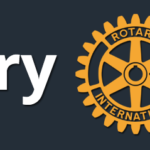






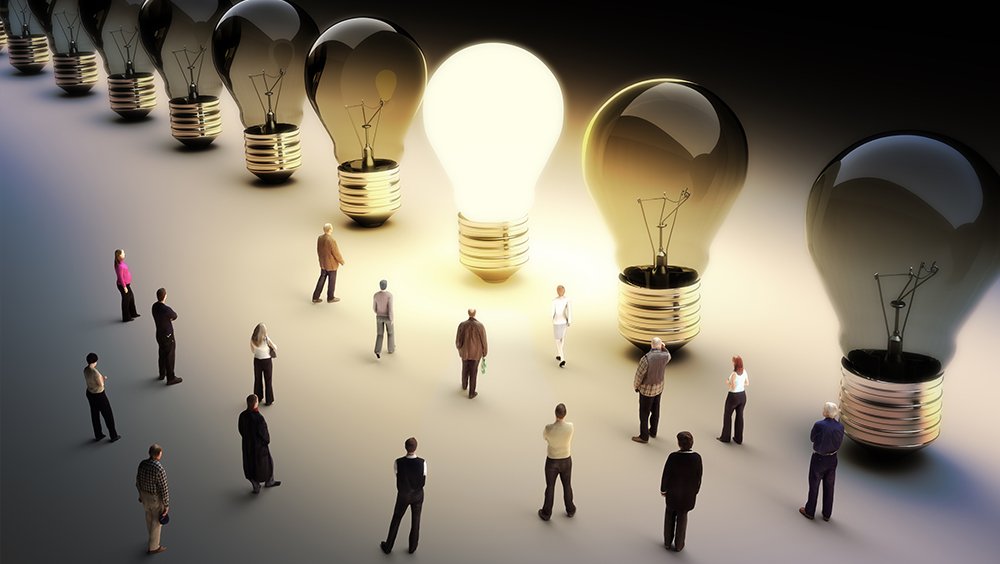
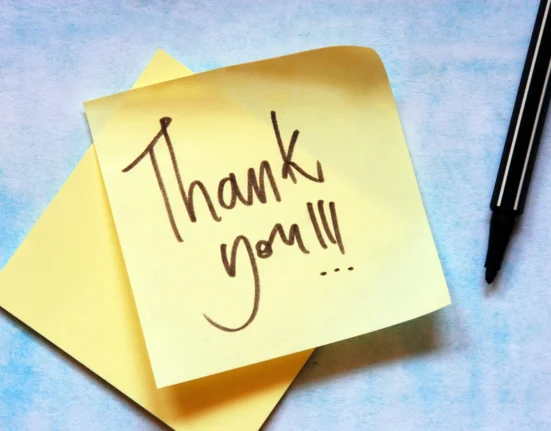
Leave feedback about this